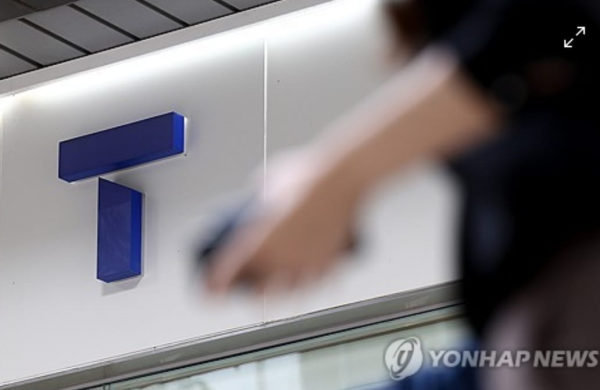KPL
(KPL/Yonhap) Republic of Korea's consumer prices grew by less than 2 percent in August, marking the slowest pace of growth in nine months, largely due to a sharp drop in telecommunication fees, data showed Tuesday.

(KPL/Yonhap) Republic of Korea's consumer prices grew by less than 2 percent in August, marking the slowest pace of growth in nine months, largely due to a sharp drop in telecommunication fees, data showed Tuesday.
Consumer prices, a key gauge of inflation, increased 1.7 percent from a year earlier last month, according to the data from Statistics Korea.
Inflation had remained above the Bank of Korea's 2 percent target for four consecutive months through April before slowing to 1.9 percent in May. It then climbed again, staying above 2 percent in both June and July.
It also marks the slowest growth since November 2024, when the comparative figure grew by 1.5 percent on-year.
The agency attributed last month's slowdown to a 21 percent on-year drop in mobile phone fees.
In response to a data breach in April, the country's largest wireless carrier SK Telecom provided a 50 percent discount on August bills for its over 20 million users.
As a result, public service fees, including telecom charges, fell 3.6 percent on-year, pulling down overall inflation by 0.42 percentage point.
The agency noted that if mobile fees had remained at the same level as in July, the August growth would have reached 2.3 percent, which would have marked the fastest price growth since July 2024.
Prices of industrial goods rose 1.7 percent on-year in August.
Notably, prices of processed food jumped 4.2 percent on-year to continue the upward trend.
Among industrial goods, prices of bread and coffee jumped 6.5 percent and 14.6 percent on-year, respectively.
Agricultural, livestock and fisheries products prices rose 4.8 percent from a year earlier, adding 0.37 percentage point to August inflation.
This marks the largest increase since July 2024, when the figure rose by 5.5 percent.
In particular, fisheries products saw a 7.5 percent on-year increase, the fastest growth since February 2023.
"Seafood prices were affected by reduced inventory levels, and the price of livestock products was driven up by a decline in the number of animals slaughtered," said Lee Doo-won, an official at Statistics Korea. He added vegetable shipments had also declined due to recent heat waves.
The service sector continued its upward trend, posting a 1.3 percent on-year gain.
Core inflation, which excludes volatile food and energy prices, went up 1.3 percent in August, also slowing from July's 2 percent growth.
KPL